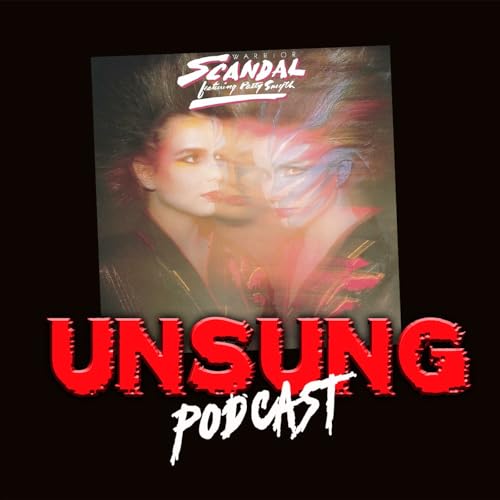Like us, are you somewhat uncomfortable of about Pantera playing with Metallica? Why exactly might that be? We need to explore what it is about Phil Anselmo that gives people that icky feeling.
This week we try to put some meat on the bones about the rumours that have dogged Anselmo for the last three decades of his career. White supremacist? Racist? Just a bit of a steamer? What is it about this guy that has gotten him this reputation? Is it merited? And if it is merited, do we have any sort of obligation to act on that?
The Pattern of Behaviour
It's an issue that's dogged Phil throughout his career, but came into sharp focus at the conclusion of the Dimebash concert in 2016. The thing is though, focusing too much on that fiasco is that it allows flimsy and bad faith justifications. Too much alcohol is one. "Oh, he was just trolling" is another. They've been fairly successfully passed off as excuses for not just his misdeeds that night, but his behaviour more generally.
That smokescreen has enabled millions of paying Pantera fans to handwave away the evidence of their own eyes and ears. Denial is a powerful thing, especially when a band is so intrinsically tied up in the carefully guarded nostalgia of countless nineties teenhoods.
Anselmo's history with white supremacist rhetoric and imagery goes back a long way. It's been scattered, downplayed, obfuscated to such an extent that it's easy to lose track. We gather all those details in one place so you can make better informed decisions about where you spend your money and what sort of behaviour we seek to excuse on literally the biggest of the world's stages.
Episodes Referenced
Our interview with former white supremacist turned anti-extremist advocate Arno Michaelis: https://bleav.com/shows/unsung-podcast/episodes/in-session-12-arno-michaelis-author-anti-extremism-activist-and-former-white-nationalist-side-a-360/
Slayer - South of Heaven: https://bleav.com/shows/unsung-podcast/episodes/episode-203-south-of-heaven-by-slayer/
Highlights
00:00 Introduction and Initial Reactions 00:14 Why Pantera Supporting Metallica Feels Wrong
01:02 Your Money is Your Vote: Consumer Responsibility
01:54 The Pattern Begins: Early Controversial Incidents
03:42 The Dimebash Incident: Sieg Heil on Stage
06:07 A Decades-Long History of Problematic Behaviour
21:03 Confederate Flags: Heritage Not Hate?
25:27 Dog Whistles and Lyrical Controversies
30:32 The Night Everything Changed: Dimebash 2016
31:28 What Actually Happened at the Concert
31:50 Rob Flynn Breaks Ranks
32:55 The Silence Before the Storm
33:57 From 0% to 1000% Apologetic in Three Days
35:15 The Metal Press: Complicit in the Cover-Up?
36:58 Is Metal's "Radical Freedom" Part of the Problem?
38:12 Who Is Phil Anselmo Really?
53:31 Making Informed Choices as Music Consumers
Support the Show
You can support Unsung via Patreon at www.patreon.com/unsungpod. Join at the lower tier for bonus content, early access, and our closed members group where you can suggest episodes. Or join the record club where you get sent records by independent bands from independent labels.
Hosted by Simplecast, an AdsWizz company. See pcm.adswizz.com for information about our collection and use of personal data for advertising.
 Nov 24 20251 h y 24 m
Nov 24 20251 h y 24 m Nov 3 202559 m
Nov 3 202559 m 1 h y 20 m
1 h y 20 m 58 m
58 m 1 h y 12 m
1 h y 12 m Aug 18 20251 h y 5 m
Aug 18 20251 h y 5 m 50 m
50 m Jul 21 20251 h y 4 m
Jul 21 20251 h y 4 m
